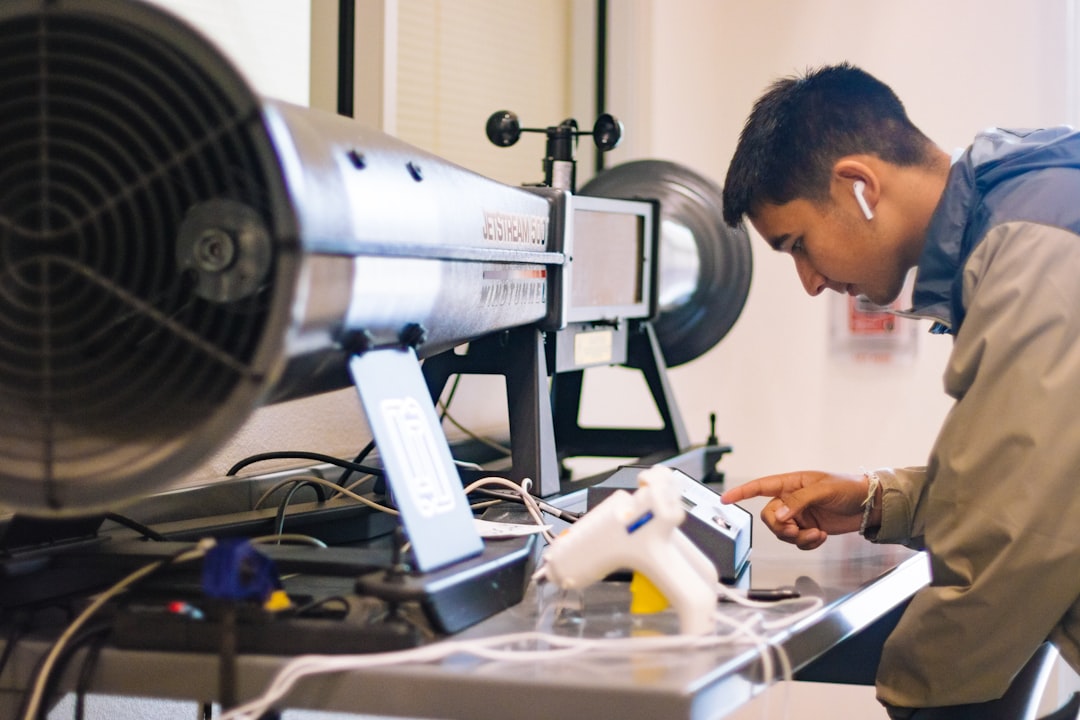The field of engineering is constantly evolving, with new technologies and advancements shaping the way we approach problem-solving and innovation. As a result, the way we educate and train future engineers must also adapt to keep pace with these changes. The future of engineering education and training holds exciting possibilities for both students and professionals in the field.
One of the key trends shaping the future of engineering education is the integration of technology into the classroom. With the rise of virtual reality, artificial intelligence, and other cutting-edge tools, educators are increasingly using these technologies to create immersive learning experiences for students. This allows students to engage with complex concepts in a more interactive and hands-on way, making the learning process more engaging and effective.
Another important trend is the shift towards more interdisciplinary and project-based learning. As the problems facing the world become more complex and interconnected, engineers must be able to work collaboratively across disciplines to find innovative solutions. Engineering programs are increasingly incorporating projects that require students to work in teams and apply their skills to real-world challenges, preparing them for the demands of a rapidly changing job market.
In addition, the future of engineering education and training will likely see a greater emphasis on lifelong learning and professional development. As technology continues to advance at a rapid pace, engineers must constantly update their skills and knowledge to stay relevant in their field. Engineering programs will need to provide opportunities for professionals to engage in continuing education and skills training to ensure that they remain competitive in the job market.
Furthermore, diversity and inclusion are becoming increasingly important considerations in engineering education. With research showing that diverse teams are more innovative and successful, engineering programs must focus on recruiting and supporting students from underrepresented groups. By creating a more diverse and inclusive learning environment, we can ensure that all students have the opportunity to succeed and contribute to the field of engineering.
The future of engineering education and training will also likely see a greater emphasis on sustainability and ethics. As engineers play a critical role in shaping the world around us, it is essential that they consider the environmental and social impacts of their work. Engineering programs will need to incorporate courses on sustainable design and ethical decision-making to ensure that future engineers are equipped to address the complex challenges facing society.
Overall, the future of engineering education and training holds exciting possibilities for students and professionals in the field. By embracing new technologies, promoting interdisciplinary learning, and prioritizing diversity and inclusion, we can ensure that the next generation of engineers is well-equipped to tackle the challenges of tomorrow. As the field of engineering continues to evolve, it is essential that our education and training programs evolve with it to ensure that we are preparing the engineers of the future to thrive and make a positive impact on the world.

